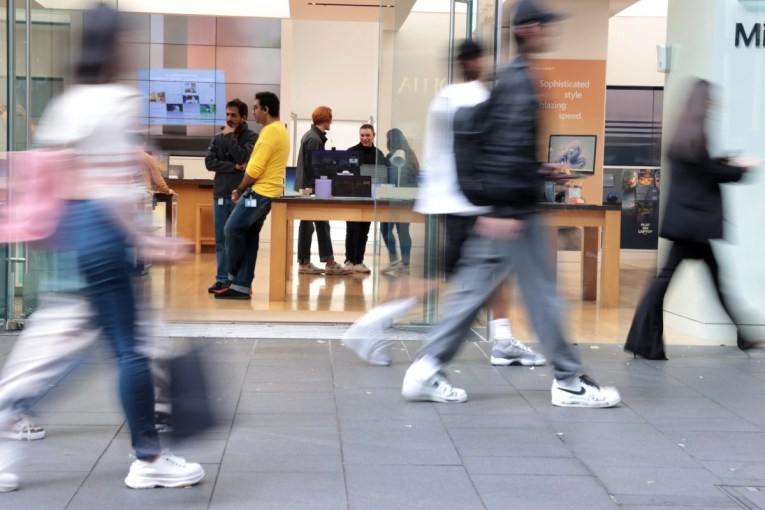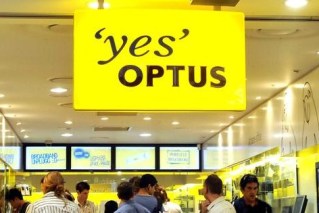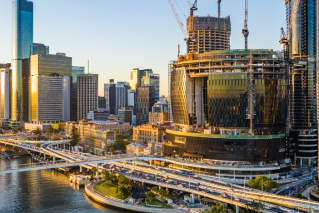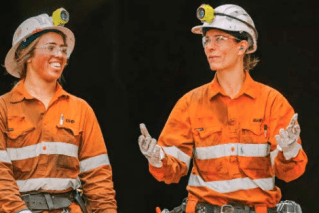How Putin’s brutal invasion is helping fill the pockets of Queensland coal giants
It’s a good time to be a coal producer. Just as Gautum Adani’s controversial central Queensland coal mine comes on line Vladimir Putin has upended the world energy markets and lit a rocket under the price of thermal coal.

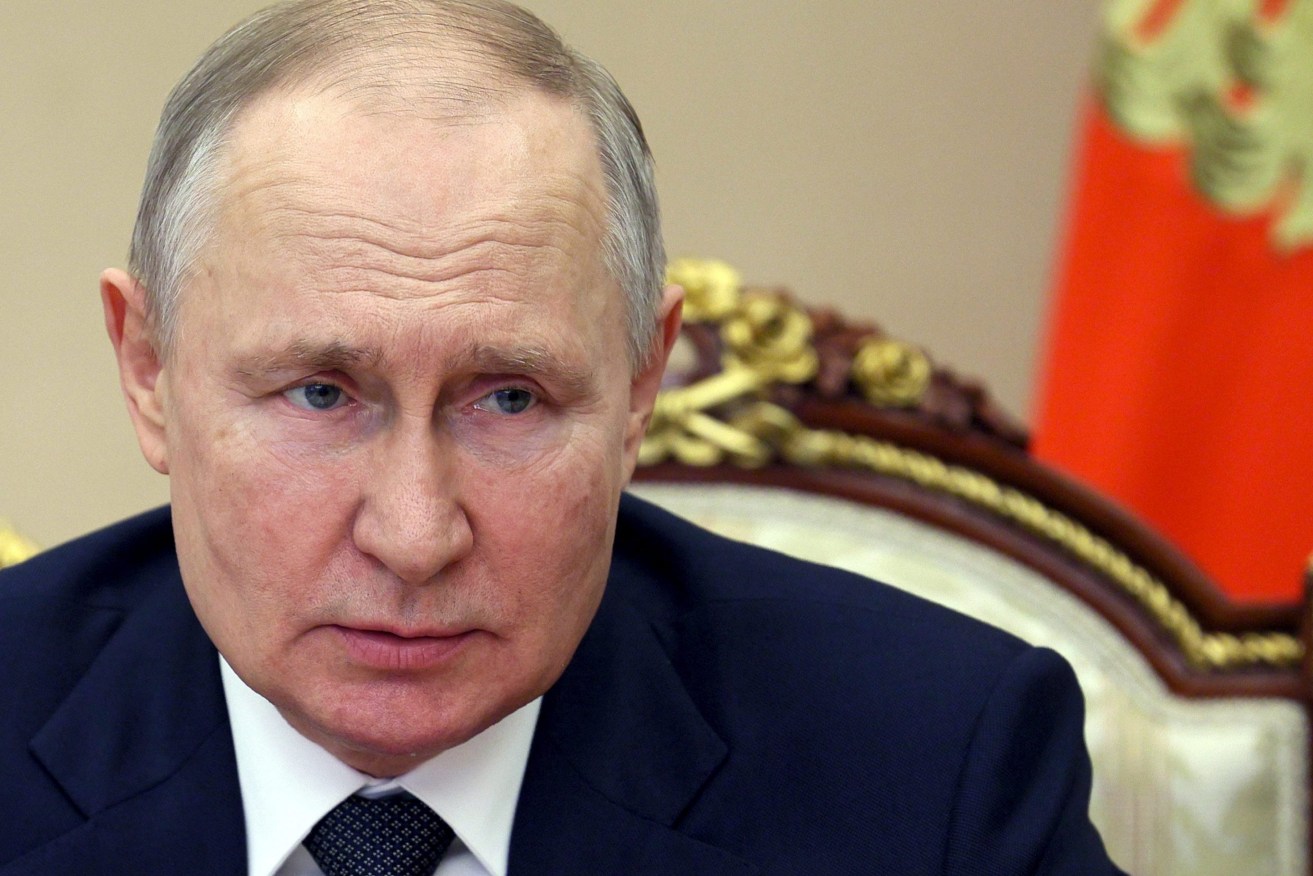
Russian President Vladimir Putin chairs a Security Council meeting in Moscow. Ukrainian forced deny Russia claims that they were behind a drone attack on the Kremlin . (Alexei Babushkin, Sputnik, Kremlin Pool Photo via AP, File)
The death of coal has been written and rewritten several times, but it’s a dogged commodity never willing to go quietly and the expectations are that Putin’s actions in Ukraine will breathe new life into the industry. But ultimately it may lead to the world realising its reliance on fossil fuels is no longer tenable.
Predictions of a $US200 a barrel price for oil would be a step too far for most economies.
The Russian invasion and the subsequent bans on its exports means Putin’s actions have probably ushered in a prolonged price boom for coal and gas that will have ramifications for the mining and gas industry in Queensland as well as the state’s finances.
One benefit could be that if and when the Ukraine tragedy is resolved the world will be looking for commodities that not blood-soaked.
Analyst Jeff Halley said the current market turmoil would probably be “another temporary death-knell for the energy transition”, although “in the long term it will speed it up”.
He said the uncomfortable truth is that saving the planet would be pushed aside for the short term and fossil fuels would get a new lease of life.
The new lease of life will also line the pockets of Gautum Adani and Australia’s other coal producers. Adani is already Asia’s richest man with a worth estimated by Bloomberg to be $US88 billion ($A119 billion) and the Carmichael mine still owes him billions, but he is an interesting focal point in how the upheaval in Europe reshapes economies.
It wasn’t that long ago that critics were saying the Carmichael mine was a financial disaster, as well as an environmental one. A year ago, thermal coal was selling for about $US120 a tonne, which would have been considered a pretty good price. Now the premium coal from Newcastle is closer to $US600.
The Carmichael coal would be a significant discount to that but you don’t hear too many people calling it a stranded asset anymore. If it achieved half that price over a year the mine would be generating billions of dollars. Analysts are tipping thermal coal prices will stay at around $US400 a tonne until the end of the European winter.
What is happening now is a repositioning and a drastic search around the globe for more coal and gas to fill Europe’s furnaces. Coking coal, which is Queensland’s main export, has also seen its prices rocket because of the Russian invasion but also because of the actions of another autocrat in China. Aluminium, nickel and LNG prices have surged and all are produced in Queensland.
The scramble for commodities led to trading in nickel in London this week being suspended after the price doubled because of the Ukraine invasion.
Wheat, which is a big export of both Russia and Ukraine, is also likely to be in short supply.
Commodity prices are transitory but the upheaval in world markets makes the long-awaited Sconi nickel and cobalt mine in north Queensland look like a gift. The economics of the QPM refinery project in Townsville also look a lot more impressive and the LNG projects in Gladstone are looking very positive.
One of the likely outcomes from all this is that Europe will look to cut its ties with Russia and replace the gas it imports from Putin with coal, gas and uranium from elsewhere in the short term, but ultimately with renewables.
That has all sorts of ramifications, especially for climate change, but in the short term the increased prices for coal also help the Queensland Treasury which receives hefty royalties from coal producers.
Europe has announced it will cut its gas imports from Russia by two thirds by the end of the year which will lead to a bit of scramble because there is not that much spare gas lying around.
ANZ said this week that the competition for coal and LNG was likely to ramp up and that will mean continued high prices for some time.
“This will likely push Germany to delay the phase out of nuclear energy and coal fired power generation,’’ the bank’s economics team said.
It said Australia was the only major coal exporter with the ability to supply Europe with sizeable volumes, but even its producers would struggle because the high prices have not led to any more production.
